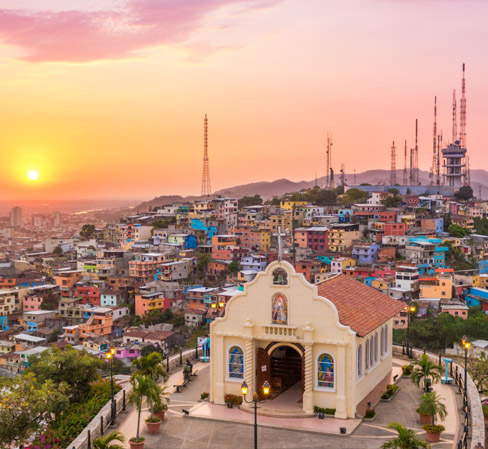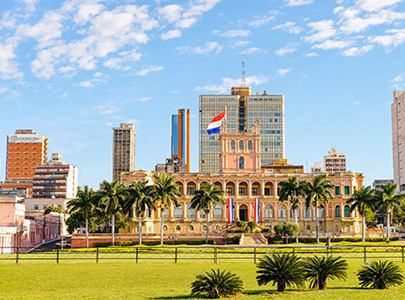
Regional Development Policy
The ECLAC-BMZ/giz cooperation program supported the Ministry of Planning (MIDEPLAN by its acronym in Spanish) in preparing a regional development policy proposal. The 2030 Agenda’s territorialization strategy implied a process of appropriation and application at subnational level to ensure its coherence and coordination with the National Development Plan (PND). In MIDEPLAN (The Costa Rican Ministry for National Planning and Economic Policy) the monitoring and measurement capacities of the SDG were reinforced, especially regarding the question of which territorial information system should be created to guarantee monitoring and measurement of these indicators.
Data Interoperability
In addition, the cooperation program advised the Ministry of Science, Technology and Telecommunications (MICITT by its acronym in Spanish) and the National Institute of Statistics and Censuses (INEC by its acronym in Spanish) in terms of strengthening institutions for greater and better access to information, transparency, citizen participation and accountability. The main topic was the development of a guideline for the creation of intersectoral links for digital development, particularly the provision of online public services through government interoperability.





